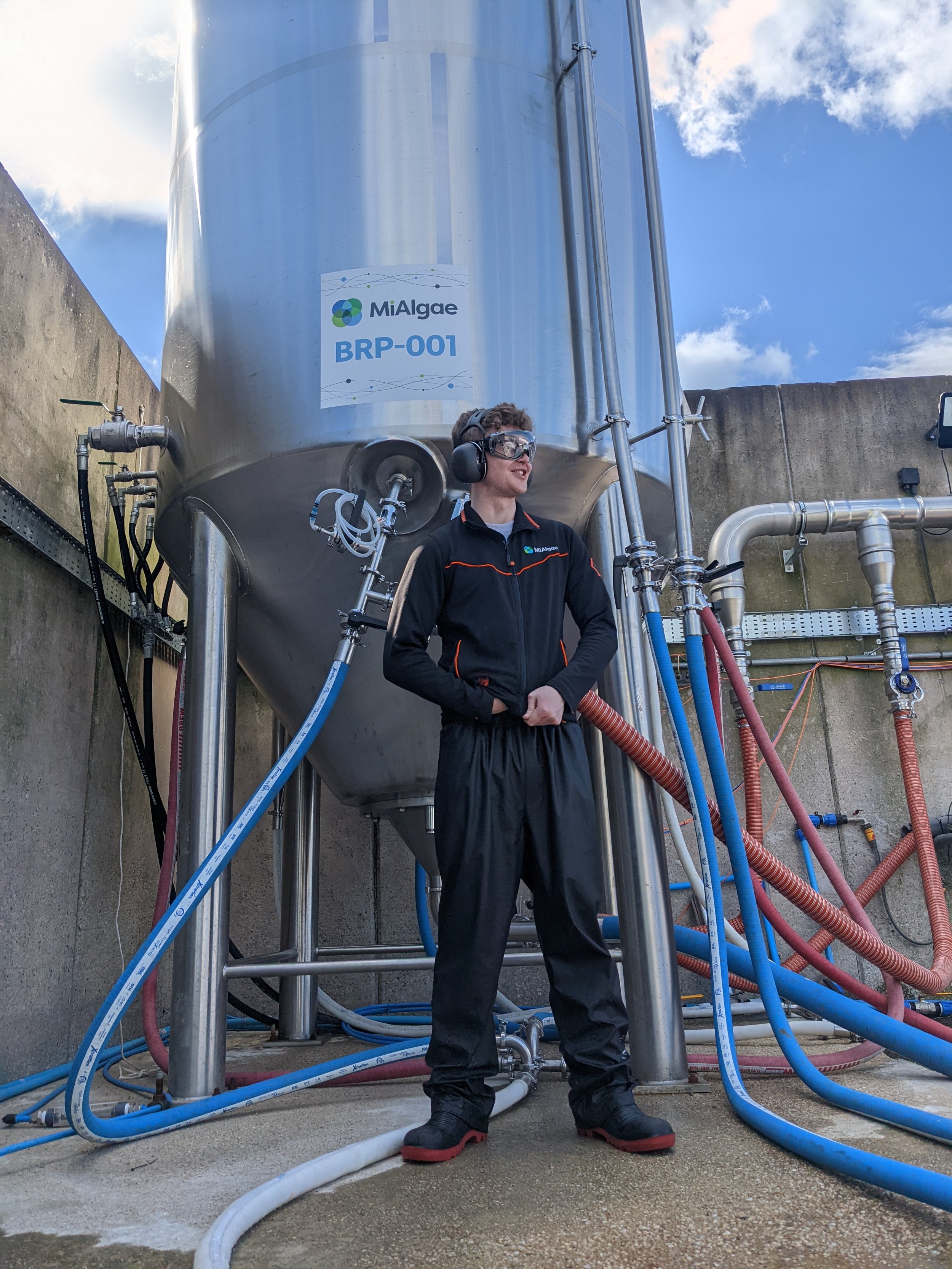This Feasibility funded project developed two antibodies using biopanning of University of Edinburgh’s phage display library, allowing TAC to successfully apply for further funding to advance the project and bringing potentially significant benefits for the Scottish economy.
Read Morein this project co-funded with the High Value Biorenewables Network, the team successfully developed a process to extract alkaloids from daffodil biomass which could be used in the treatment of heart failure and are now in a position to apply for investment to take the process forward at scale in Scotland.
Read MoreIn this successful Feasibility Project, the project partners identified antiviral therapeutics that can be extracted from cyanobacteria, and gained leverage for additional funding, training opportunities, and developed new methods for fractionating and purifying polysaccharides.
Read MoreInnovation funding enabled the academic team on this project to optimise their bacteria growing process and gave BAM Ritchies an insight into new opportunities, with the project collaborators set to continue to work together beyond the project.
Read MoreThis Feasibliity project by Artisan Roast, University of St Andrews, and Energy Recovery Systems Ltd demonstrated that coffee grounds are a profitable replacement for wood as a source for bioenergy.
Read MoreProof of concept was achieved in this Feasibility project to improve the strength and water repellent properties of Cellucomp’s paper-based packaging materials.
Read MoreIBioIC awarded Innovation Funding to Roslin Tech and University of Edinburgh to work on this successful project, which resulted in significant cost reductions for the company and provided multiple opportunities for the university to present their research.
Read MoreInnovation funding from IBioIC enabled the project partners to test a new strategy to elucidate the natural production mechanisms used by Taxus brevifolia, also known as the Pacific Yew, and engineer them in faster growing plant cells, and propelled Green Bioactives technology readiness level from 3 to 7.
Read MoreIn this successful project, Green Bioactives were able to access equipment which enabled them to detect their desired products and they can now further develop their cell lines and apply for funding to develop this aspect of the business.
Read MoreDr Stuart Hannah was able to undertake training through the RSE EF which helped him take the business from spinout proposition to fully-fledged incorporated company supported by early stage funding from private VCs
Read MoreSuccessful industry placement resulted in student being offered a permanent position.
Read MoreThe Antibody Company (TAC) has expertise in point of care diagnostics for the aquaculture and brewing industries, which both suffer significant product losses. Current diagnostics for these industries are prohibitively expensive and take too long allow immediate mitigation. TAC combined their expertise in antibody design and production with Dr. Mulheran and his team’s skills in antibody conjugation to design a cheap and effective lateral flow device (LFD).
Read MoreIBiolC Feasibility funding enabled CuanTec to access the analytical capabilities of the University of the Highlands and Islands to accurately determine the presence of allergens in CuanTec’s purified chitosan.
Read MoreIn this project funded by our Spin Out support programme, XGenix developed a high throughput assay to rapidly screen enzymes.
Read MoreIn this Feasibility project, CuanTec Limited and James Hutton Institute teamed up to analyse the value of side streams from crustacea shells.
Read MoreWith funding from IBioIC, researchers from St Andrews and Xanthella Ltd have undertaken a feasibility project to improve the production of industrial feedstocks by microalgae under solar illumination.
Read MoreIBioIC funded a joint project between Victrex and Joanna Sadler and Stephen Wallace from the University of Edinburgh to explore alternative, more sustainable routes for the production of Hydroquinine, ideally from renewable or waste feedstocks, to contribute to their goal of carbon neutrality by 2030.
Read MoreIBioIC awarded over £8.5k through our Spin Out Fund to Bioenamel to produce human proteins in yeast and test them on surfaces that mimicked damaged teeth.
Read MoreMarine Biopolymers (MBL) is a Scottish SME whose focus is on extracting high value components from brown seaweeds for use in a range of applications such as food and pharmaceuticals, but also in different industrial application areas, where the use of natural polymers is growing fast.
Read More




















